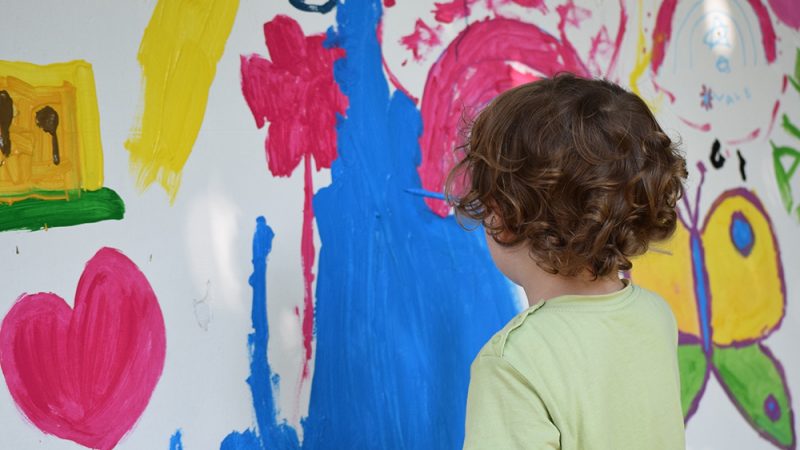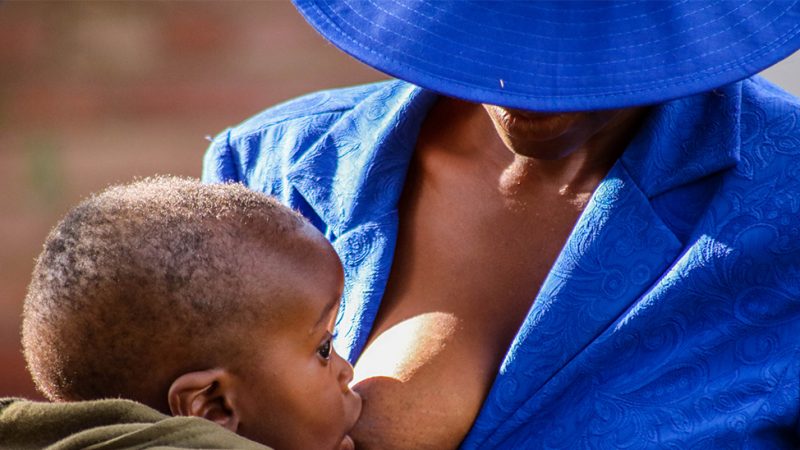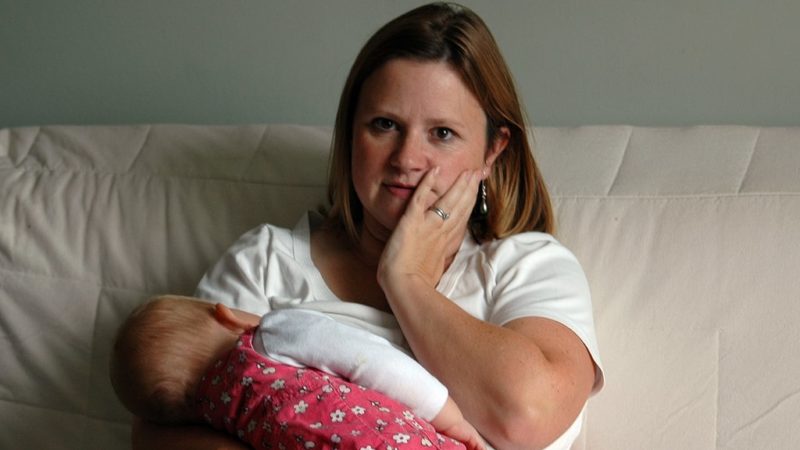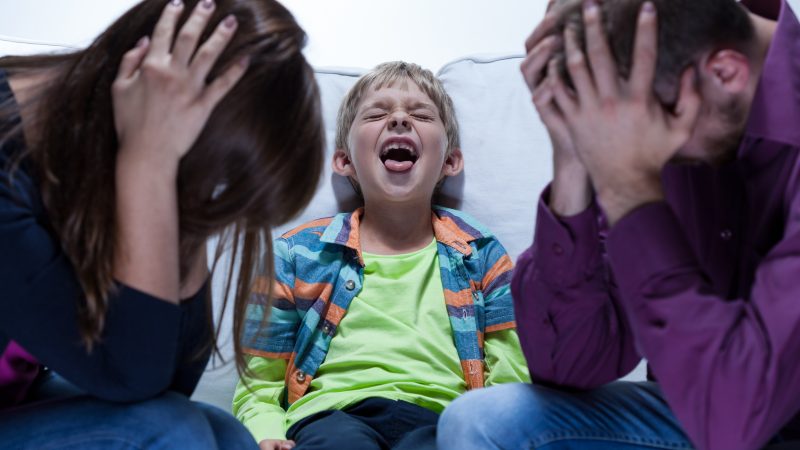
TV and Creativity: A Q&A with Dr Sarah Rose
Dr Sarah R ose of the Staffordshire University Children’s Lab talked to us about her research on the effect of TV on creativity in children. Sarah is fascinated by children’s creativity and in particular how it is influenced by screen time. She’s carried out a number of research project both in university research labs and in people’s homes which have considered the extent to which different types of television impact creativity and problem solving in early childhood.
ose of the Staffordshire University Children’s Lab talked to us about her research on the effect of TV on creativity in children. Sarah is fascinated by children’s creativity and in particular how it is influenced by screen time. She’s carried out a number of research project both in university research labs and in people’s homes which have considered the extent to which different types of television impact creativity and problem solving in early childhood.
PSG: We’ve been reading a bit about your research, but we’d love to know more. How did your study test to see if watching TV affected creativity – what methods did you use?
Sarah: We used a number of different ways but this usually involves children completing an assessment of creativity, watching a short amount of TV and then completing another creativity assessment. Of course there are lots of ways to measure creativity, lots of different types of TV and different environments to watch TV in though! So lots of opportunities to do research 🙂
PSG: So you are mainly getting them to watch a small amount of TV, then testing them afterwards to see if it’s had any effect? How would you know it’s not just an effect of being in the lab or something?
Sarah: Very good question. We always have different conditions to try and control for this. So usually some children will watch the TV, others will have a story book read to them – usually a book that is very closely related to the TV that the other children are watching.
PSG: If you’ve tested watching a short bit of TV, how much does that really tell you about watching a lot?
Sarah: I suppose I like to think that if we find effects after watching a short amount this suggests that the effects would be even more noticeable after watching a larger amount! There is quite a bit of research looking at the amount of time that children typically watch TV, but results are rather mixed. I think this may be because there are so many other variables involved
PSG: It could be that a small amount doesn’t affect creativity, but watching TV 5 hours a day would be different.
Sarah: The evidence does suggest that a lot of TV is not good for creativity but what is unclear is whether it is the TV that is causing this or the fact that the TV is displacing other activities – so they are missing out on other experiences.
PSG: Or could families where children watch a lot of TV differ in other ways?
Sarah: Exactly – they may well do and this is why research in this area can be tricky! There are so many things that might contribute to the explanation that measuring them all would be a big job!
PSG: Could attention be a confounding variable? Has there been research on the effect of attention on creativity in young children?
Sarah: Yes, attention does have an impact, some children pay really close attention to the TV and then to the tasks that we ask them and others don’t. This is why we have to try and get relatively large numbers of children taking part to try and even out these differences that we are not necessarily focusing on
PSG: What prompted you to look at creativity?
Sarah: I think creativity is really important! My PhD was looking at children’s drawings, and since then I have wanted to broaden things out to other types of creativity.
PSG: What a great PhD topic! Have you used children’s drawings as a measure of creativity in any of your tv research?
Sarah: I haven’t used children’s drawings to measure creativity yet – there are some great tasks out there, like draw a man that doesn’t exist, draw a monster with two heads! I haven’t used these yet as I have manly been working with the under 4s and they might have great ideas for their drawings but I might not be able to see them in their pictures as their ability to represent them is not as well developed!
PSG: My 4.5 year old is very creative and incorporates his various favourite films into his play using toys. But he wouldn’t put pen to paper and draw about it.
Sarah: Not all tasks suit all children! It is generally suggested that creativity is measured in more than one way in order to try and get a valid insight.
PSG: Can you give us an example of a method to measure creativity? Do you use more than one each time?
Sarah: I have been working on developing new measures of creativity as many of the existing ones rely on children being able to follow instructions and talk and I have become particularly interested in preschoolers and toddlers. I have been looking at divergent thinking – that is children’s ability to come up with ideas – so I have asked them to do things like move across the room in as many different ways as they can think of, build as many things with paper cups as they can think of and I’m also looking at more play-based measures.
PSG: I love those sort of exercises! Like how many things can you make a circle into with a pen and paper. How do you score them? Quantity? Quality?
Sarah: Yes just those sort of things! We look at the number of ideas and also their originality/novelty – so how many other children in our sample had the same idea.
PSG: Is there a standard measure for these sorts of things – an accepted way of quantifying things: something like 1 point for an idea that most kids have, 2 points for an idea that few have, 3 points for something original? Or do you have to devise your own scale for each different experiment you do?
Sarah: Yes there are some standards – but also some variations. I usually use 0 points for an idea that 50% of others have, 1 point for an idea that between 50 and 25% have, 2 points for between 10 and 25% and 3 points for less than 10%!
PSG: how would you go about establishing validity and reliability of the observational fluency tests you mentioned previously? Also, do you have more than one rater?
Sarah: Very good question – and something that can be challenging in this area. We tend to use previously developed coding schemes and more than one rater to make sure it has been applied consistently
PSG: What ways have you come up with to measure creativity in toddlers? My son is nearly 2 and this is something that interests me greatly
Sarah: I have been working on something called the Unusual Box, a box with ledges, pegs, tassels, steps inside etc and giving children a small selection of toys (hook, spatula, dog toy etc) and seeing how many different actions they make with the toys and the box!
PSG: That’s really interesting… I can see how that could work! My son has decided that his little plastic bin is a hat – toddlers are weird and wonderful! At what age can you start measuring creativity? My son is 16 months and I just can’t imagine it being possible.
Sarah: have had children as young as 12 months play with our unusual box! Usually I work with children 2 years + though.
PSG: Is there any evidence that the content of what kids have watched affects the content of their play in the short or long term? For example, if they watch something about windmills are they likely to play a game with windmills in it? And is that different from if they read it in a book?
Sarah: As far as I know there has not been research about how TV may inspire creativity in play. It has been theorised that it would, but to my knowledge, not tested.
PSG: A lot of people comment on my toddler’s “great imagination” when she’s actually just acting out scenes from various programmes she’s seen. This to me isn’t creative play, it’s copying. I guess all creative and imaginative play is pulling bits of info from reality? How do you distinguish between the two? Also, at what age does the ability to imagine things are something they’re not begin?
Sarah: Imitation can help creativity develop – but like you say it is not really imagination or creativity as the ideas are not coming from the child. With age they will start to elaborate on them more – there’s a lot of debate about what age though, anywhere from 2-4!
Sarah: Something I am interested in but have not looked at is the impact of background TV on children’s play/creativity.
PSG: background tv interests me too. Our tv is nearly always on in the background as that is what I’m used to, but sometimes I do start worrying whether it’s doing my toddler harm! When our tv is on he drifts off and start playing. He struggles more if it’s turned off and made to play. If it is in the background then play just happens.
Sarah: We know very little about how background TV effects their play! It has been suggested that it may impact attention and that shorter attention spans may have a knock on effect on play. It’s not been tested though. It may be all about what they are used to. If they can ignore the TV, then it does not disrupt them – but maybe they have to practice ignoring it to be able to do it successfully – just an idea……
PSG: Has there been any research on background TV or radio on creativity or other things like speech development for example, maybe comparing the two?
Sarah: There has been some evidence that background TV is not great for language development . But I’m not aware of anything that has compared it to radio or looked at with regard to creativity though!
PSG: Have you tested the variable of how TV is selected e.g. by the child on an iPad or by the adult?
Sarah: Not yet! It is something that I would like to look at though. I feel that technology keeps developing and that as researchers we need to keep up! Currently there is very little about iPad/tablet viewing and smartphone viewing. TV is becoming so mobile! There are some interesting reports out there about what young children can do on tablets etc by themselves.
PSG: Various places say you shouldn’t let kids have any screen time before 2 years old, very limited from 3, etc. Does your research support this?
Sarah: These were the recommendations published by the American Association of Paediatrics – but these have been revised just last year. The revised version is a bit more relaxed! It says that screen time should be interactive – i.e. child should not just be passively left to watch TV. There are very few guidelines out there but I think this is something that more attention is being given to – it is just difficult to make them all informed by research as there are quite a lot of gaps in what we know.
PSG: Through your research would you say that there’s a particular type of programming that has a more negative impact on creativity? Likewise, is there one that has a more positive impact?
Sarah: Good question! I’m not sure I can answer it fully yet! There is some evidence that fantastical programs (e.g. Harry Potter) may enhance creativity. But it seems thought that possibly not all fantastical TV is good. We are currently looking at SpongeBob Square pants and there is some indication that this may not be beneficial. But then it is fantastical in a different way – less magic!
PSG: I was so looking forward to sharing Bagpus and Ivor the Engine with my kids- but I’m sad to say they weren’t interested! I suspect it’s because they’re too slow for them. Do you think the faster pace of TV today affects children and their play?
Sarah: Yes, children do seem to pay less attention to slow paced TV, and children’s TV is certainly speeding up. Actually, in terms of creativity I have found some evidence that slower TV may be better!
PSG: I’m really interested in the effect of pace of TV. Do you think your research is conclusive enough to influence programme-makers to make changes. And if not, what else do you think you need to make your point effectively?
Sarah: Good question – which I do not know the answer to! We did find in a previous study that even when children appeared not to be watching or paying much attention to the TV they were able to answer questions about the plot after watching. This suggests that even if they appear not to be attending to it they might be. About 2 years ago people thought pace was really important – not necessarily for creativity but for cognitive functioning more generally. However more recent research suggests that it might have more to do with the content of the programme.
PSG: My son only watches kids TV once in a blue moon – he’s just not particularly interested. However, he loves things like Big Bang Theory (he calls Sheldon robot!) As a baby his favourite thing was Pointless…… Is this just because he’s not been exposed to children’s TV? Should he be exposed to it more?
Sarah: When I was growing up we did not have a TV at home. It was fine until I was a teenager and then I can recall feeling left out because it felt like everyone was talking about TV programmes that I had no idea about! But I do not think it is a problem if he is not exposed to much!
PSG: What’s your favourite kids TV programme of all time?
Sarah: In my research I seem to have used Postman Pat a lot. But with my own children, things like The Gruffalo, and at Christmas the Snowman, would be my favourite.
Want to know more?
You can find out more about the work of the Staffordshire University Children’s Lab here: https://blogs.staffs.ac.uk/childrenslab/
More about the effects of background television on child-directed speech by parents can be found here: http://www.tandfonline.com/doi/pdf/10.1080/17482798.2014.920715


